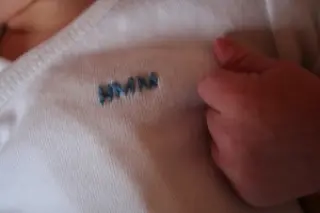What's in a name: mortality and the power of symbols. "One's attitude about oneself, and the treatment one receives from others, might be affected, in some small but measurable way, by stigmatic or salutary labeling due to one's name. If names affect attitudes and attitudes affect longevity, then individuals with "positive" initials (e.g., A.C.E., V.I.P.) might live longer than those with "negative" initials (e.g., P.I.G., D.I.E.). Using California death certificates, 1969-1995, we isolated 2287 male decedents with "negative" initials and 1200 with "positive" initials. Males with positive initials live 4.48 years longer (p<0.0001), whereas males with negative initials die 2.80 years younger (p<0.0001) than matched controls. The longevity effects are smaller for females, with an increase of 3.36 years for the positive group (p<0.0001) and no decrease for the negative. Positive initials are associated with shifts away from causes of death with obvious psychological components (such as suicides and accidents), ...
NCBI ROFL: What's in a name? Part I: U.G.H. you're going to D.I.E.
Explore how positive initials can influence longevity, with evidence suggesting a significant life extension for those who have them.
More on Discover
Stay Curious
SubscribeTo The Magazine
Save up to 40% off the cover price when you subscribe to Discover magazine.
Subscribe













